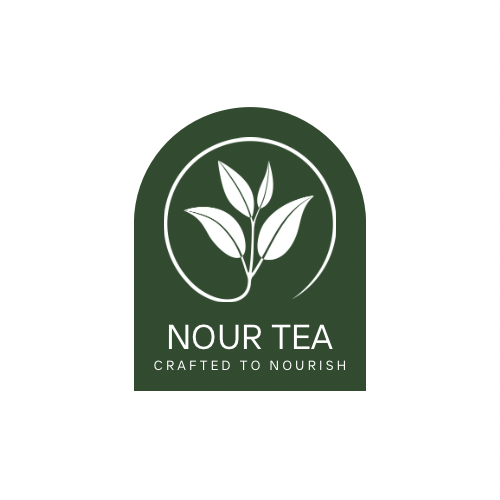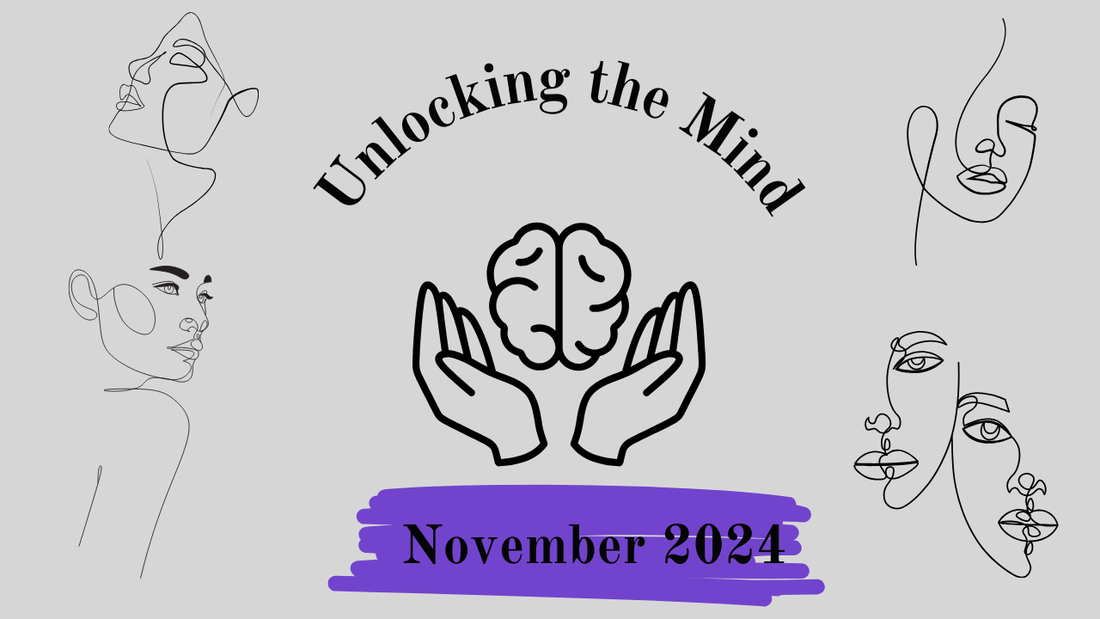November is Alzheimer's Disease Awareness Month. I am passionate about this cause for many different reasons. I was introduced to this condition by way of my first job as a Nursing Assistant. I worked at an Assisted Living Facility providing care to residents in a stimulating way. I managed an evening program, called the Sun Star Club. It was essentially the hang out spot for residents experiencing a condition called Sundowning. The term "sundowning" refers to a state of confusion that occurs in the late afternoon and lasts into the night. Sundowning can cause various behaviors, such as confusion, anxiety, aggression or ignoring directions.

My primary goal was to engage the residents in stimulating activities to activate their senses to help ease their mind during an episode of sundowning. It was a great way for the nurses to tend to the other patients for the evening before dedicating more intentional time to the other residents experiencing an episode.
I have also served as a Community Educator with the Alzheimer's Association for a couple of years. That experience was very insightful and helped fulfill my curiosity, I am fascinated with the brain. Anatomy and Physiology was my favorite course in high school and college.
Alzheimer Disease has the largest diagnosis under the Dementia umbrella. Dementia is a general term encompassing several different types of mental and brain conditions. Alzheimer's, Parkinson, Lewy Body are examples of Dementia. Dementia typically occurs as people age, but it is not a normal part of the aging process. There is no cure for Alzheimer's at the moment. There are limited medications that can help manage or slow down the symptoms of the disease. Research is being conducted to learn more the growing disease.
Nearly 7 million people are currently living with Alzheimer's and studies indicate by 2050 this number is projected to increase to nearly 13 million (Alzheimer's Association). Research links Alzheimer Disease to two hallmark signs: amyloid plaque and tau tangles.
Amyloid plaque is a sticky protein in our brain, when it is overproduced it clumps together becoming toxic impairing our cell function which disrupts brain cell activity. Tau Tangles or Tau is another protein in the brain that is shaped in a particular way transporting nutrients in the brain.

These two proteins are communicators in our brains, it allows us to think, remember, and perform our daily living activities. When these two proteins become damaged it forces the neurons to dismantle and die disrupting the transmission of signals and messaging.
There is no definite way to prevent Alzheimer's, but there are lifestyle changes one can adopt to reduce the risk of developing the disease. Alzheimer's isn't developed overnight. Our current lifestyle is either increasing or decreasing the chances of developing the disease.
There are other factors that can also increase the chances of developing dementia. Such as:
- Age
- Gender
- Family History
- Traumatic Brain Injury
- Preventable Chronic Diseases (Diabetes & Heart Disease)
Researchers are still attempting to discover the relationship between Tau and Amyloid. It has been challenging nailing down the correlation due to the lack of individuals enrolling in trial studies. Participate in a clinical trial: https://www.alz.org/alzheimers-dementia/research_progress/clinical-trials/trialmatch
To learn more about Alzheimer's visit: https://www.alz.org/alzheimers-dementia/what-is-alzheimers
Protect your brain.
xoxo,
Crafted By Nour

